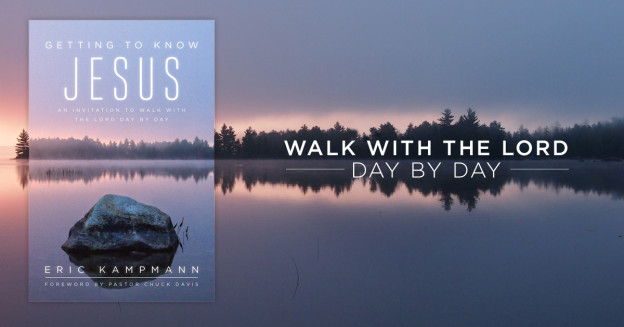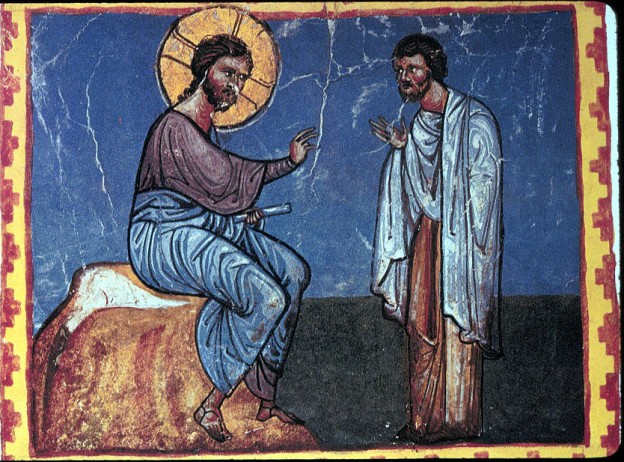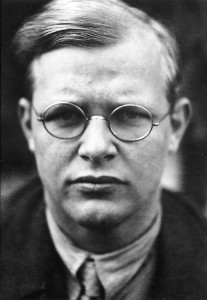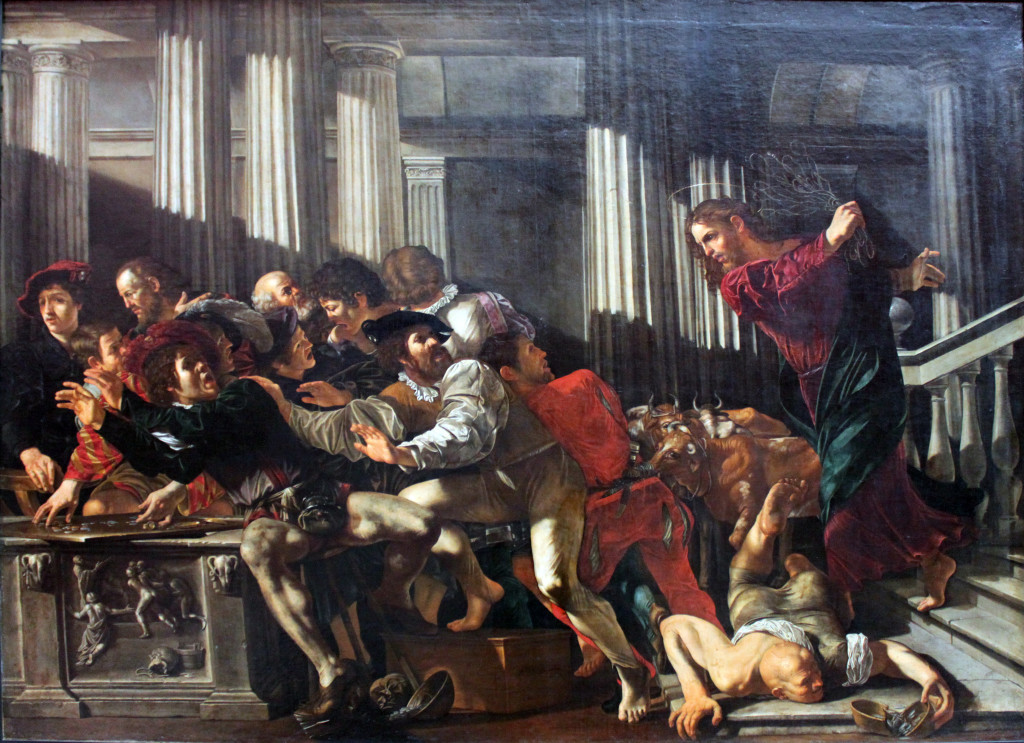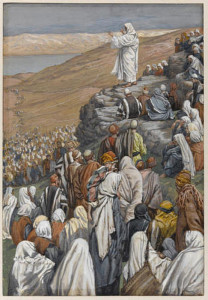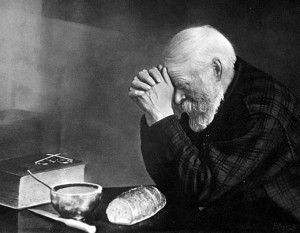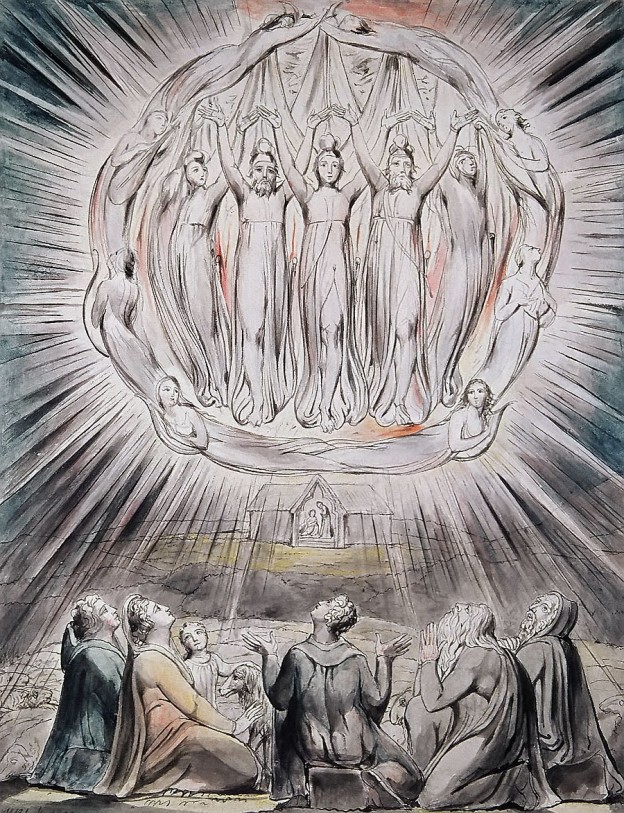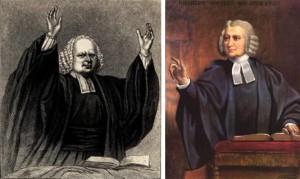Here in one post are the fourteen reasons to be thankful I’ve been reflecting on this week:
 #1. A General Thanksgiving: “Be joyful always; pray continually; give thanks in all circumstances, for this is God’s will for you in Christ Jesus.” (1 Thessalonians: 5:16-18)
#1. A General Thanksgiving: “Be joyful always; pray continually; give thanks in all circumstances, for this is God’s will for you in Christ Jesus.” (1 Thessalonians: 5:16-18)
#2. I am thankful to God: “Praise the Lord, O my soul, and forget not all his benefits – who forgives all your sins and heals all your diseases, who redeems your life from the pit and crowns you with love and compassion, who satisfies your desires with good things so that your youth is renewed like the eagle’s.” (Psalm 103:2-5)
#3. I am grateful for Jesus Christ: “For God, who said, ‘Let light shine out of darkness,’ made his light shine in our hearts to give us the light of the knowledge of the glory of God in the face of Christ.” (1 Corinthians 4:4-6)
#4. I am overwhelmingly thankful for the gift of the Holy Spirit: “Yet a time is coming and has now come when the true worshipers will worship the Father in spirit and in truth, for they are the kind of worshipers the Father seeks. God is spirit, and his worshipers must worship in spirit and in truth.” (John 4:23-24)
#5. I am grateful for God hearing my cry for help when I was in great trouble: “. . . And call upon me in the day of trouble; I will deliver you, and you will honor me.” (Psalm 50:15)
#6. I am blessed by the gift of each day:
Lord, for tomorrow and its needs, I do not pray
Keep me, my God, from stain of sin just for today.
Let me both diligently work, and duly pray,
Let me be kind in word and deed, just for today.
Let me be slow to do my will, prompt to obey;
Help me to sacrifice myself just for today.
And if today my tide of life should ebb away,
Give me thy Sacraments divine, sweet Lord today.
So for tomorrow and its needs I do not pray,
But keep me, guide me, love me, Lord, just for today.
—“Just for Today,” Sister Mary Xavier (Sybil F. Partridge)
 #7. I am thankful for Stanwich Church, its pastors and leaders: “And I tell you that you are Peter, and on this rock I will build my church, and the gates of Hades will not overcome it.” (Matthew 16:18-19)
#7. I am thankful for Stanwich Church, its pastors and leaders: “And I tell you that you are Peter, and on this rock I will build my church, and the gates of Hades will not overcome it.” (Matthew 16:18-19)
#8. I am blessed by the companionship, friendship and love of my wife: “A wife of noble character who can find? She is worth far more than rubies. Her husband has full confidence in her and lacks nothing of value. She brings him good, not harm, all the days of her life.” (Proverbs 31:10-12)
 #9. I am most grateful for the challenges and the blessings of being a father of four children. And my prayer is that they will know and love Jesus as the Father in heaven loves His own Son: “Stand at the crossroads and look; ask for the ancient paths, ask where the good way is and walk in it, and you will find rest for your souls.” (Jeremiah 6:16)
#9. I am most grateful for the challenges and the blessings of being a father of four children. And my prayer is that they will know and love Jesus as the Father in heaven loves His own Son: “Stand at the crossroads and look; ask for the ancient paths, ask where the good way is and walk in it, and you will find rest for your souls.” (Jeremiah 6:16)
#10. I am blessed by a large extended family: “At that time Mary got ready and hurried to a town in the hill country of Judea where she entered Zechariah’s home and greeted Elizabeth. When Elizabeth heard Mary’s greeting, the baby leaped in her womb, and Elizabeth was filled with the Holy Spirit.” (Luke 1:39-41)
 #11. I am grateful for being given the privilege to lead: “When one rules over men in righteousness, when he rules in the fear of God, he is like the light of morning at sunrise on a cloudless morning, like the brightness after rain that brings the grass from the earth.” (2 Samuel 23:3-4)
#11. I am grateful for being given the privilege to lead: “When one rules over men in righteousness, when he rules in the fear of God, he is like the light of morning at sunrise on a cloudless morning, like the brightness after rain that brings the grass from the earth.” (2 Samuel 23:3-4)
#12, I am blessed with a great team that is helping me build a new ministry: “It is not for you to know the times or dates the Father has set by his own authority. But you will receive power when the Holy Spirit comes on you; and you will be my witnesses in Jerusalem, and in all Judea and Samaria, and to the ends of the earth.” (Acts 1:7-8)
#13. I am thankful for all the friends and experiences that walking the Appalachian Trail has brought me: “. . . because of the tender mercy of our God, by which the rising sun will come to us from heaven to shine on those living in darkness and in the shadow of death, to guide our feet into the path of peace.” (Luke 1:78-79)
#14. I am thankful for many good friendships: “Jonathan said to David, ‘Go in peace, for we have sworn friendship with each other in the name of the Lord.’” (1 Samuel 20:42)
